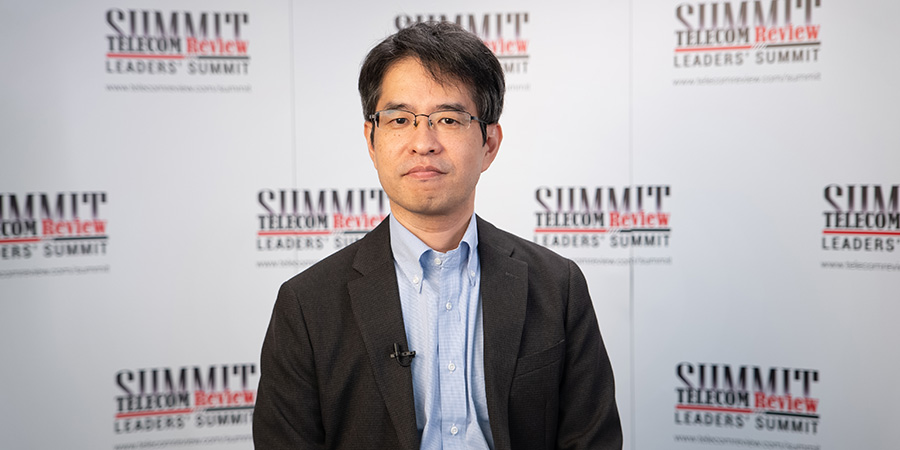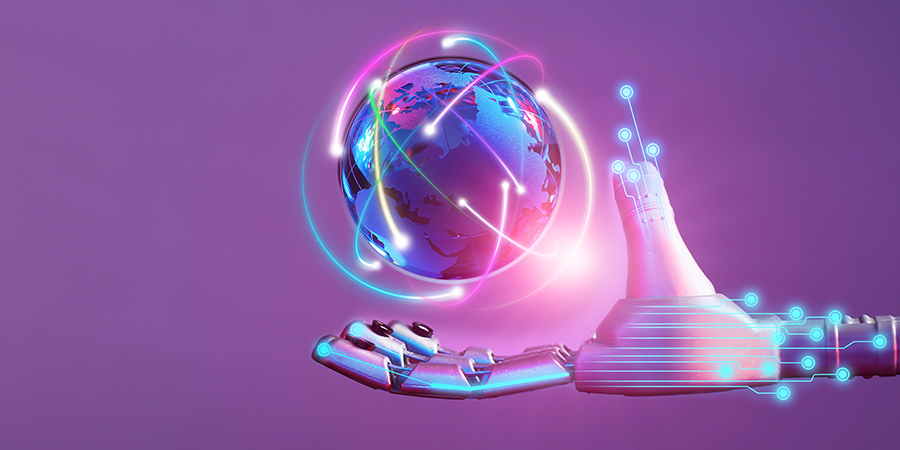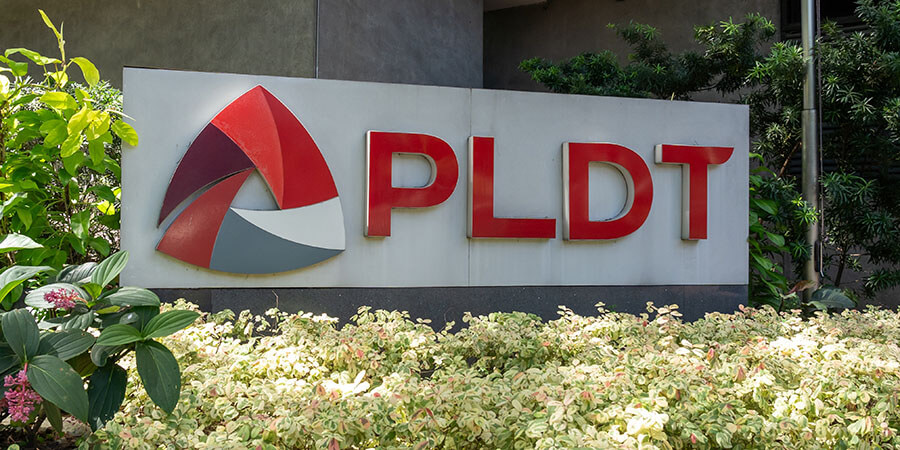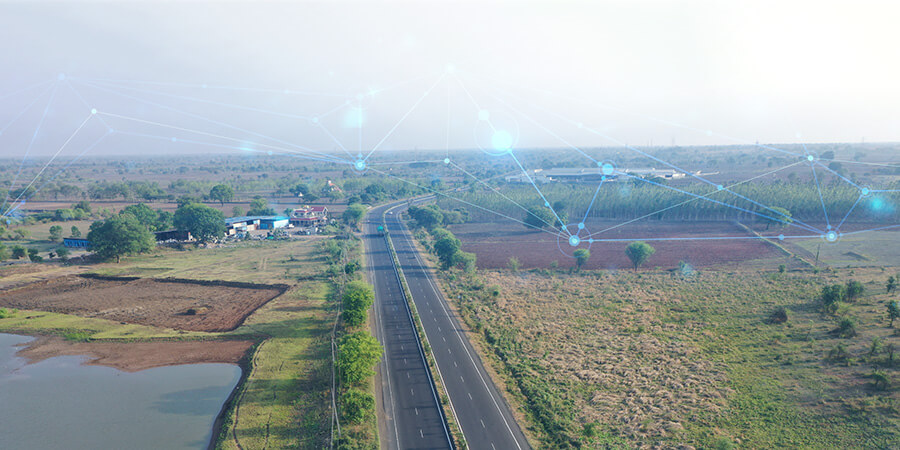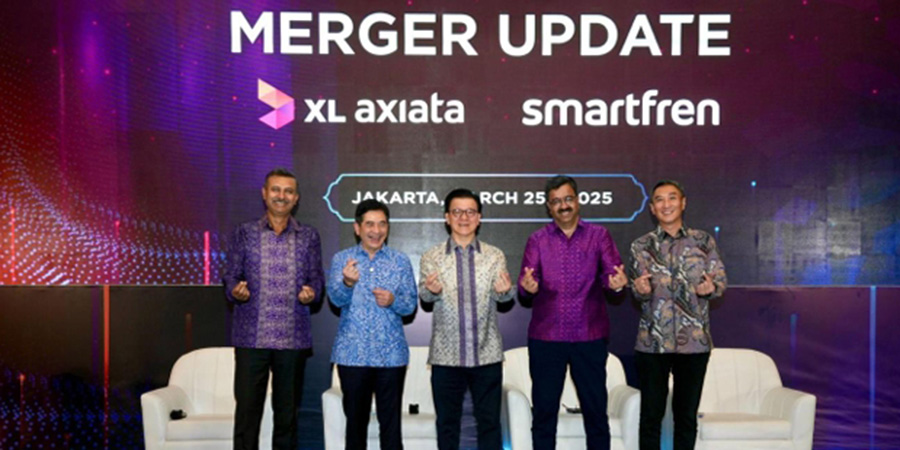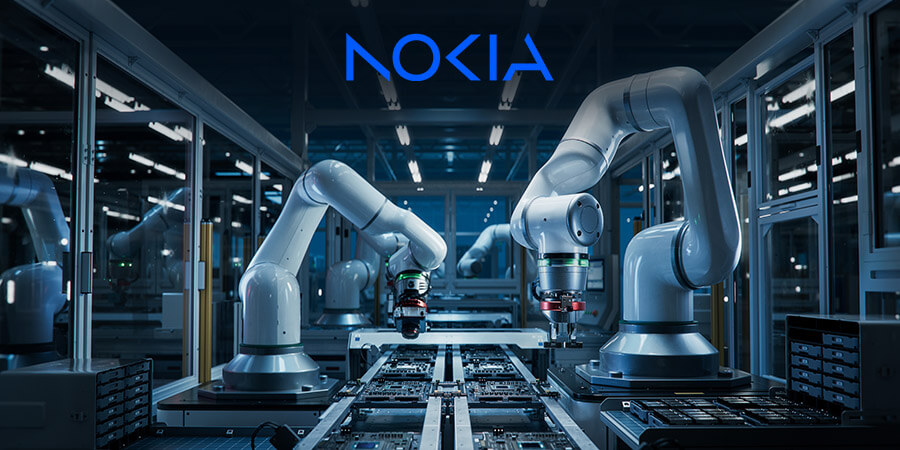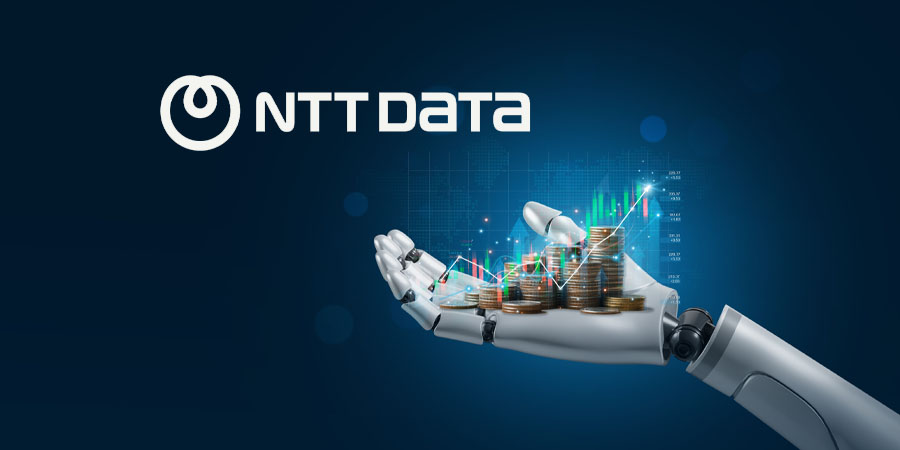Nanotechnology is generating significant changes in the field of technological innovation, which is resulting in the emergence of new opportunities in numerous fields, including agriculture, healthcare and aerospace. It is transforming how we manage supply chains, design products and lead initiatives to increase the sustainability of enterprises. GlobalData, a leader in data and analytics, forecasts that nanotechnology will play a significant role in the implementation of innovative and effective solutions in the future.
Kiran Raj, practice head of disruptive tech at GlobalData, explained, “Nanotechnology is a hidden force transforming invisible atoms into game-changing innovations that touch every aspect of our lives, from medicine to farming. It’s the silent architect, building a resilient, sustainable future where challenges like climate change and resource scarcity are met with innovative, scaled solutions. The technology thrives not just by scientific breakthroughs but leaps in computing, data analytics and AI, demanding [that we] navigate its profound impacts judiciously.”
Shagun Sachdeva, project manager of disruptive tech at GlobalData, added: “From microfabrication [and] nano bubbles to nano manufacturing and nano materials, nanotechnology is unlocking a world of possibilities by manipulating matter at the atomic and molecular scale. Signals from all angles, right from policymakers, investors [and] technology companies to researchers, suggest that the optimism surrounding nanotechnology is justified. However, this industry shift is just the tip of the iceberg, which is defining the next stage of a highly disruptive journey, offering abundant opportunities to companies for exploration and value creation.”
The Innovation Explorer database of GlobalData's Disruptor Intelligence Center sheds light on five cross-industry vital innovation topics, including healthcare, agriculture, consumer goods, packaging and automotive and aerospace defense. This database identifies the keys to improved efficiency, cost reduction and enhanced sustainability, all of which are essential to the industry's success in the twenty-first century.
“With the current scale of investments in nanotech, it is relevant to say that technology is making meaningful contribution across various sectors, and it will go a long way in transforming these industries in the 21st century. To handle several disruptive forces successfully, companies need to collaborate and indulge in responsible innovation, ensuring safety, ethics and regulatory compliance to maximize their benefits and minimize potential risks,” Ms. Sachdeva concluded.



